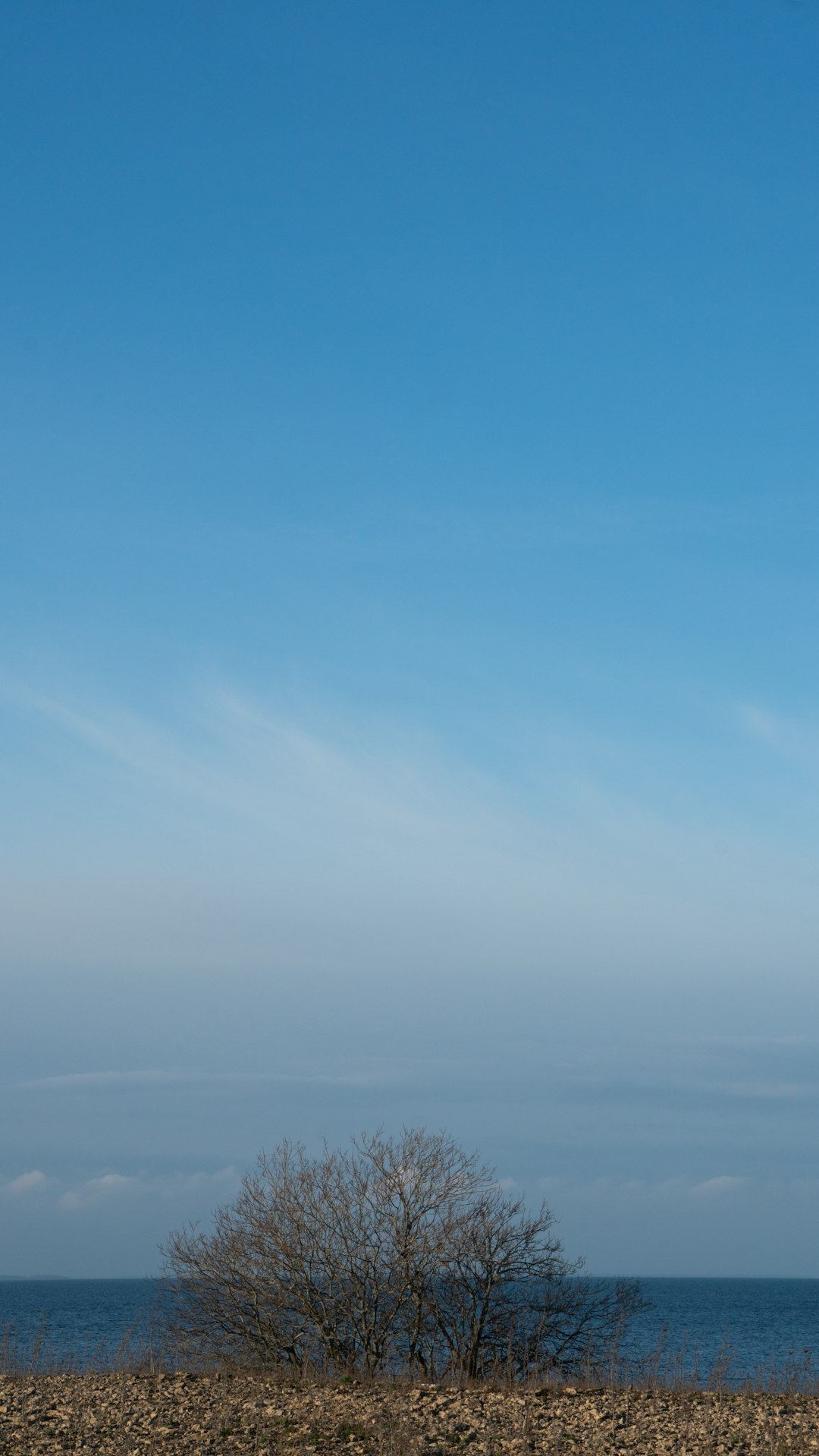January 24, 2023 made the history of the Czech audiovisual industry. Linda Eisenhamerová, Viktor Prášil, Kamil Jafar and Viktor Müller were nominated for Oscars by the American Academy of Motion Picture Arts and Sciences. The film shot in the Czech Republic in 2021 was nominated in a total of 9 categories, including Best Picture. The Oscar nominations prove the top professionalism and creativity that Czech filmmakers provide to foreign productions coming to shoot to the Czech Republic.
15. February 2023

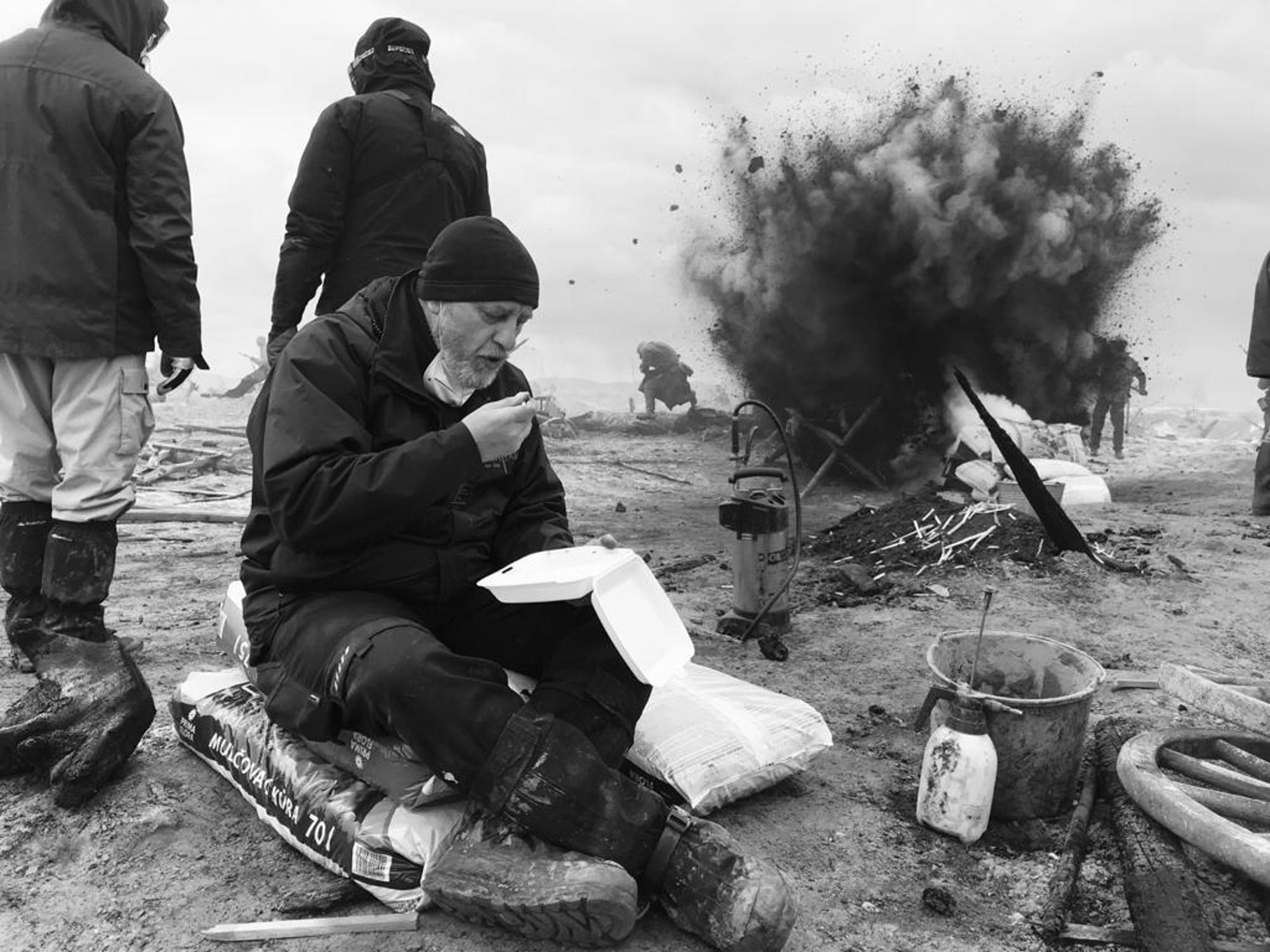
Linda Eisenhamerová
Makeup & Hair Supervisor

What made the collaboration on All Quiet On the Western Front special?
Two years ago, the work we did on this film wasn't anything particularly exceptional. We always put 100% into every job. None of us would have thought that two years later we'd receive this kind of recognition.
At what stage did you get involved in the project?
Two months before the shoot began, I started working on the project with Heike Merker, our designer who came from Germany. Before the next team arrived, we worked mainly on organization.
What did you do to prep for filming?
During prep, we groomed hair daily, about 40-50 military haircuts a day, actors started arriving for rehearsals, we were getting dummies of corpses ready for the trenches, making scars, and many other things like wigs, beards, etc.
How were you directly involved in the filming?
During the shoot itself, I took care of the actors from morning makeup to touch ups on set to evening makeup removal. My colleagues and I were also responsible for dozens of stuntmen and hundreds of extras.
Who were your main collaborators in the crew - who would you like to thank?
I'd really like to thank my colleagues, because this huge success is thanks to their hard work as well. Thank you to Gabka Poláková, my colleague and - especially - my friend. Gabka is one of the most respected and talented make-up artists in our country and the Oscar nomination is definitely our joint success. Thank you to Tereza Hrdličková and Radek Petr who took care of the extras.
What does an Oscar nomination mean to you?
The nomination itself is a huge achievement for me. It really means quite a lot to me.
Who has influenced you most positively or helped you most in your career?
Who has influenced me in my career? That's an awful lot of people - another article entirely.
I've simply been lucky with whom I've had the chance to work.
Viktor Prášil
Production Sound Mixer
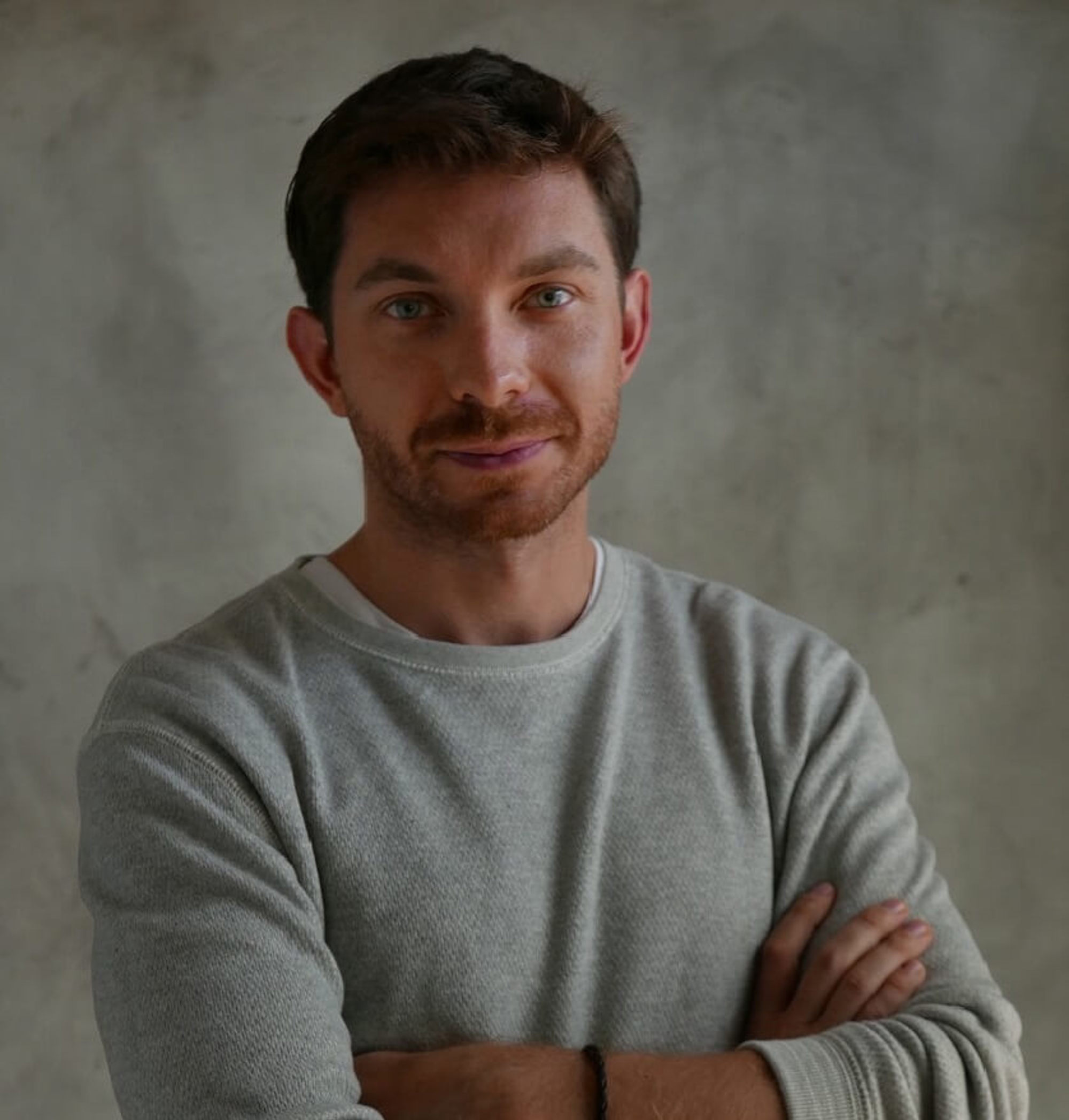
What made the collaboration on All Quiet On the Western Front special?
There haven’t been many films like this made in the Czech Republic. An anti-war film based on the famous book directed by Edward Berger. It was clear from the beginning that it was going to be a challenge and a very difficult shoot. At the beginning I was surprised by Edward's commitment and passion for film and sound. The synergy on set between him and James Friend (DOP) had a positive influence on the entire crew. It felt like everything came together in this film the way it should, and it created an extraordinary film.
At what stage did you get involved in the project?
I was filming Army of Thieves when I got a call from Martina Pálková (unit production manager, Sirena Film) asking me If I’d like to make a World War I film with her. We knew that this film was going to be shot in the Czech Republic and we wanted to work on it so badly. Fortunately, Ondřej Vondráček (boom operator), Lukáš Kuchár (second assistant) and I were all available, and we accepted the project immediately.
What did you do to prep for filming?
Preparations started right at the beginning of 2021. I called Frank Kruse (supervising sound designer) to discuss what we would need to record. It was mainly the sounds of period cars, more than a hundred old ones, which were borrowed from the Czech Republic and Germany, then action of all kinds with extras on the battlefield and in the trenches.
Another point we wanted to address before the shoot was the wireless microports, as we knew these would be of utmost importance. Soldiers have different weapon straps, canteens, and gas masks in the places where microphones are usually placed. Lukáš and I went to see the costume designer Lisa Christl and her team several times. We found places on the uniforms to place both the transmitters and microphones without having to sew them into the costumes. Military helmets were another issue entirely. We had pockets sewn in the color of the helmet lining. Our goal was to make the transmitter as invisible as possible if the actor dropped his helmet or took it off in the shot. The microphone was attached to the edge of the helmet and masked with paint. The difference between having the microphone visible on camera or having their voice sound like in a bucket was a matter of just a few centimeters. Lukáš Kuchár did a great job. This way, the actors were completely free to move; they could turn their heads in all directions and their voice still sounded the same.
Everyone in the main party of young soldiers wore two microports. It wasn’t just because the port in the costume couldn't always be used - for example, when running, crawling, or aiming a weapon. It was also because of the dynamic range, with the actors going from soft breathing to screaming in one take. That's the way it's always been. During the technical scout, we had to deal with the acoustics of the interiors or build a sound wall in front of the fire trucks, because of the scenes with rain. We also had rubber soles made for the shoes of the actors, stuntmen, and extras, about two hundred pairs in total - we realized that all military boots have small metal spikes on the bottom, which are incredibly loud when walking on hard surfaces.
How were you directly involved in the filming?
The production sound mixer records all the sound. That means not only dialogue and all other sounds of the actors, from quiet breathing before a fight to the screaming on the battlefield, but also everything that makes a sound and is essential to the story. If something disturbs the action, I try to stop it, turn it off, or at least turn it down. Not everything can be technically perfectly recorded during filming. That's why we make “wild tracks” - separate audio recordings without a camera. Sometimes it is just single lines or whole dialogues. Other times you need to record period cars, tanks, and actions with extras. All this for post-production purposes. In this film we used it to the fullest extent.
Who were your main collaborators in the crew - who would you like to thank?
My assistants, Ondřej Vondráček and Lukáš Kuchár, are essential to my work, I can't imagine filming without them. Also on set with us were Jan Mesany as a trainee, and Jan Šulcek and Peter Hilčanský as additional sound recordists who recorded individual sounds. I could start listing the other members of the crew that helped us, but I'm sure I'd forget someone. But we definitely had a lot of help from the set costumers, producers, assistant directors, location department, Klára from picture cars, the camera guys, and so many more. And a big thanks to Martina Pálková and Pavel Müller from Sirena Film for putting their trust in us.
What does an Oscar nomination mean to you?
So far, it means answering more questions than I've ever answered in my life. And trying to explain to a lot of people what kind of work I do. Now there will be pleasant duties, such as trips to London or LA. But what that will mean professionally remains to be seen. I saw a real Oscar statuette once. It was at Miloš Forman's house when we were filming there as students. His story really inspired us at the time, but I never thought that I would be competing for the same prize with my German colleagues.
Who has influenced you most positively or helped you most in your career?
That would be a very long list. My family and my sister, who helped me choose a high school, where my best friend Honza Drnek and I started making documentaries and became passionate about film in general. Studying at the Independent Film College in Písek, watching Ivo Špajl filming rushes, not being accepted to FAMU - Film and TV School of the Academy of Performing Arts in Prague. But this is where the coincidences and luck that make life work the way it does started to come into play. I didn't get accepted to the MFA program at FAMU, but when I was wondering what I was going to do next, Pavel Rejholec from Soundsquare called me and my path was clear. After a few years in post-production, Jakub Čech gave me the chance to make my first feature film and since then, I more or less haven’t left the set.
Kamil Jafar
Special Effects Supervisor
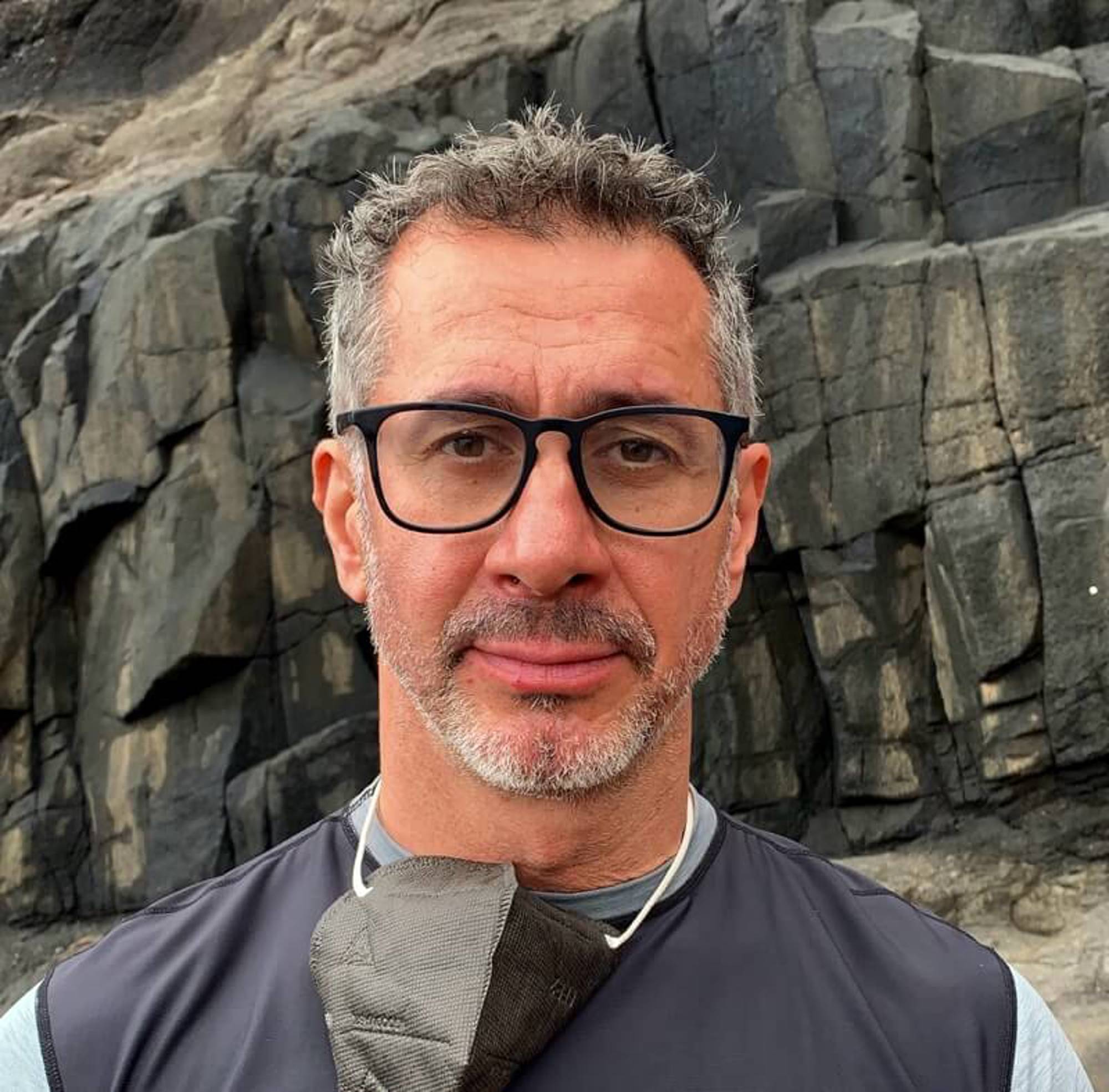
What made the collaboration on All Quiet On the Western Front special?
It was an interesting combination of crew and setting. Both the actors in front of the camera and the crew behind the camera turned into soldiers on the battlefield, wading through the mud and dodging explosions.
At what stage did you get involved in the project?
I was involved pretty much from start to finish. We started during prep and finished with the last clapper.
What did you do to prep for filming?
It all started months before the actual filming started. We spent a lot of time studying the script and scouting locations so that everything ran smoothly the moment the camera started rolling.
How were you directly involved in the filming?
Since special effects, unlike visual effects, are created in front of the camera, we were on set for every scene.
Who were your main collaborators in the crew - who would you like to thank?
I would like to thank the stuntmen and especially the stunt coordinator Marek Svítek. Then, of course, big thanks to the whole crew, who did a tremendous job in very difficult conditions.
What does an Oscar nomination mean to you?
It’s an unexpected reward.
Who has influenced you most positively or helped you most in your career?
My friends at Flash Barrandov.
Viktor Müller
Visual Effects Supervisor
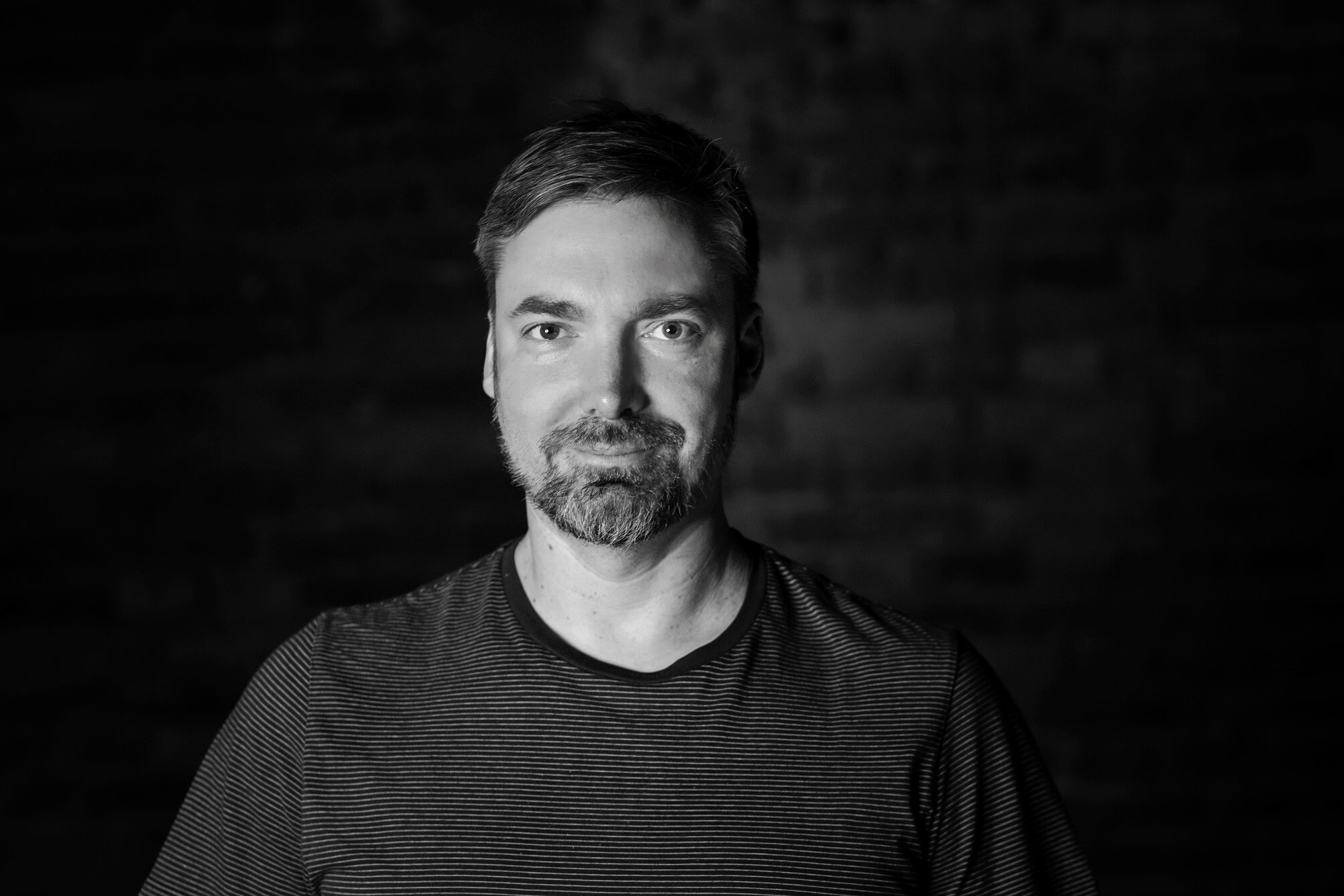
What made the collaboration on All Quiet On the Western Front special?
It was a very enjoyable project from the very beginning. I’ve been friends with both Edward Berger and my colleague Frank Petzold (production visual effects supervisor) for a long time. Working with the right people in a good atmosphere is the best thing you can ask for from a project.
At what stage did you get involved in the project?
I was involved from the very beginning of prep. Originally Eddie had asked me to be on set supervisor, but I couldn't because I was finishing another film at the time.
What did you do to prep for filming? How long before filming began?
The preparations took several months and consisted mostly of personal meetings with the director, Frank Petzold, and the cinematographer James Friend. The most important thing was to choose the right technology and the artistic concept of the effects in advance. The technical discussions followed, but that's the easy part.
How were you directly involved in the filming?
As I mentioned, I was finishing another film during production. I only got involved once during the actual shoot - when using the LED wall - to make sure everything went as it should. It was a technology that I recommended and pushed, so I wanted to take complete responsibility for it. However, I did enjoy working on this project during post-production. Because of the technology we chose, the maximum possible elimination of purely digital effects, I shot many elements specifically for individual shots.
Who were your main collaborators in the crew - who would you like to thank?
First of all, of course, I would like to thank Edward Berger and Frank Petzold for their cooperation. This project would not have been possible without the essential support of VFX producer Lenka Líkařová and 2D supervisor Martin Doležal. I would also like to thank Michaela Mladá, Kristián Šebesta, František Wirth, Dennis Dallen, David Koubík and the whole UPP team.
What does an Oscar nomination mean to you?
It’s not just an award for me but also for the whole team, and at the same time a nice thank you to the UPP team for a really good job.
Who has influenced you most positively or helped you most in your career?
I guess I've been lucky in my life - many people have influenced and continue to inspire me. I'd like to at least mention Karel Zeman, who influenced me as a kid, and at the start of my film career it was people like Tom Tykwer, Lloyd Phillips, Dennis Law, Walter Murch, Francis Ford Coppola, and Chuck Roven.
I'd also like to mention again how much I appreciate working with Eddie, as he is not only an exceptional director, but also a great person and a great professional. We're currently working on two more films together.
Read our report from on set of All Quiet on the Western Front.
